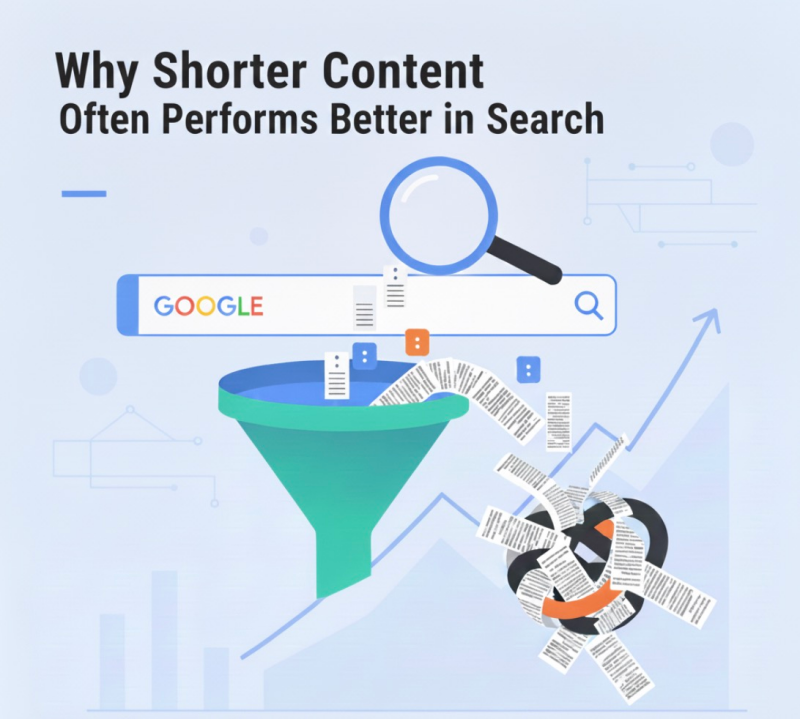Selling on Amazon vs eBay: Which Platform is Best for Your Online Business?
When venturing into the world of online selling, one of the primary decisions you'll face is choosing between two of the biggest e-commerce giants: Amazon and eBay. With Amazon drawing in a staggering 4.79 billion monthly visitors and eBay attracting 1.21 billion, both platforms offer vast opportunities for sellers looking to tap into a massive audience. But which one is the right fit for your business? This comprehensive guide delves into the key aspects of selling on Amazon vs eBay, helping you make an informed decision.
Who is eBay Best For?
Since its inception in 1995, eBay has evolved into a versatile marketplace accommodating individual sellers, collectors, small businesses, and startups. Known for its auction-style listings, eBay provides a unique platform for selling vintage items, antiques, and unique finds. It's particularly suited for those dealing with second-hand products, rare collectibles, or items on Amazon's list of restricted products. With slightly lower seller fees compared to Amazon, eBay can offer a higher profit margin for your sales.
Who is Amazon Best For?
Amazon, on the other hand, caters to a broader range of sellers, including businesses and retailers with large inventories. Thanks to services like Fulfillment by Amazon (FBA), sellers can scale their operations without worrying about logistics. Amazon's focus on quick and reliable shipping, coupled with the visibility boost provided to Prime-eligible products, makes it an attractive platform for sellers aiming for high volume sales. However, it's important to note that selling on Amazon means competing within a more controlled environment, where Amazon sets strict product requirements and holds ownership over customer data.
Amazon vs eBay: An In-depth Comparison
- Seller Fees: eBay's seller fees are generally lower than Amazon's, offering a more economical option for new sellers. However, Amazon provides additional perks that could justify the higher fees for many sellers, such as access to a vast Prime customer base.
- Audience Size: Amazon's audience is significantly larger than eBay's, presenting sellers with a greater potential customer base. Nevertheless, eBay's auction-style selling can attract niche buyers interested in unique items, possibly leading to quicker sales for certain products.
- Fulfillment Methods: Amazon's FBA is a key advantage for sellers looking for a hassle-free shipping solution. eBay sellers, meanwhile, have to manage their shipping or partner with third-party fulfillment services.
- Product Categories: Each platform has its strengths in certain categories. Amazon is a go-to for electronics, gadgets, and home goods, while eBay shines in the collectibles, vintage, and used goods categories.
- Product Restrictions: eBay is more lenient with what can be sold on its platform, making it a better choice for items that fall under Amazon's restricted categories.
- Payment Processing: Amazon offers a seamless checkout experience with Amazon Pay, whereas eBay provides more flexibility in payment methods, catering to a wide range of buyer preferences.
- Support: Amazon boasts a robust support system for both buyers and sellers, ensuring issues are resolved efficiently. eBay's support relies more on community forums and self-help resources, which may not provide the same level of assistance.
- Establishing a Brand: Amazon's Brand Registry program helps sellers protect their brand and gain valuable tools for growth. However, building a brand on eBay can be more direct, as sellers engage more freely with their customers.
- User-Friendliness: Both platforms offer intuitive interfaces and tools for sellers, but Amazon's comprehensive dashboard and analytics provide a slight edge in managing and optimizing listings.
Ready to Get Serious About Starting an Online Business?
Choosing between selling on Amazon and eBay depends on various factors, including the type of products you sell, your business model, and how you prefer to interact with customers. While Amazon offers a vast customer base and streamlined logistics, eBay allows for more direct customer engagement and flexibility in listings. By considering the points outlined above, you can make a choice that aligns with your business goals and sets you on the path to online selling success.
Ready to Elevate Your eBay Selling Game?
Navigating the intricacies of online selling platforms can be daunting, especially when deciding between giants like Amazon and eBay. Our guide has taken you through the essentials of what each platform offers, tailoring to different seller needs—from eBay's unique appeal for collectibles and vintage items to Amazon's vast audience and streamlined logistics. Understanding these nuances is crucial for choosing the right platform and strategizing your online business for success.

As we've explored, eBay offers a distinctive advantage for sellers seeking a more direct engagement with their customers and flexibility in their listings. If you're leaning towards eBay for its lower seller fees, auction-style listings, and the diverse range of products you can sell, there's one more tool you shouldn't overlook—the Ebay Listing Generator. This innovative tool is designed to simplify the listing process, making it quicker and more efficient to get your products in front of eBay's vast audience. By addressing common challenges such as crafting compelling product descriptions and optimizing listings for search, the Ebay Listing Generator can significantly enhance your selling experience on eBay.
Whether you're new to the world of online selling or looking to maximize your eBay store's potential, incorporating the right tools into your strategy is essential. The Ebay Listing Generator offers an intuitive solution to streamline your listing process, allowing you more time to focus on growing your business. Ready to take your eBay listings to the next level? Discover how the Ebay Listing Generator can transform your online selling journey today.
FAQ
Q: What is the difference between Amazon and eBay?
A: The main difference between Amazon and eBay is their business models. Amazon operates as both a retailer and a marketplace, allowing sellers to list new items directly on its platform, while eBay functions primarily as an auction site and marketplace for buying and selling a wide range of new and used goods. Amazon provides a more controlled environment for transactions, focusing on new products, whereas eBay offers a diverse buying experience with opportunities for auctions and direct sales, including collectibles and second-hand items.
Q: Are buyers loyal to eBay or Amazon, or do they buy from both?
A: Buyer loyalty varies between eBay and Amazon, with many consumers shopping on both platforms depending on their specific needs. Some buyers prefer Amazon for its fast shipping, convenience, and a wide selection of new items, while others are loyal to eBay for its unique finds, auction format, and potentially lower prices on used or collectible items. Ultimately, loyalty can depend on the type of products a buyer is seeking and their shopping preferences.
Q: Can you make more money selling on eBay or Amazon?
A: The potential to make more money selling on eBay or Amazon depends on several factors, including the types of products being sold, the seller's business model, and how well they navigate each platform's fees and policies. eBay may offer higher profit margins for unique, used, or collectible items due to its auction format and lower fees in some categories. Conversely, Amazon might be more lucrative for sellers with new products, especially if they take advantage of Amazon's Fulfillment by Amazon (FBA) service to reach Amazon's vast customer base. Ultimately, successful selling on either platform requires understanding the specific advantages and challenges of each.
Join 200,000+ Sellers Growing with Kua.ai
You may also interested...

How Structured Business Planning Enhances AI-Driven Growth

Why Shorter Content Often Performs Better in Search













